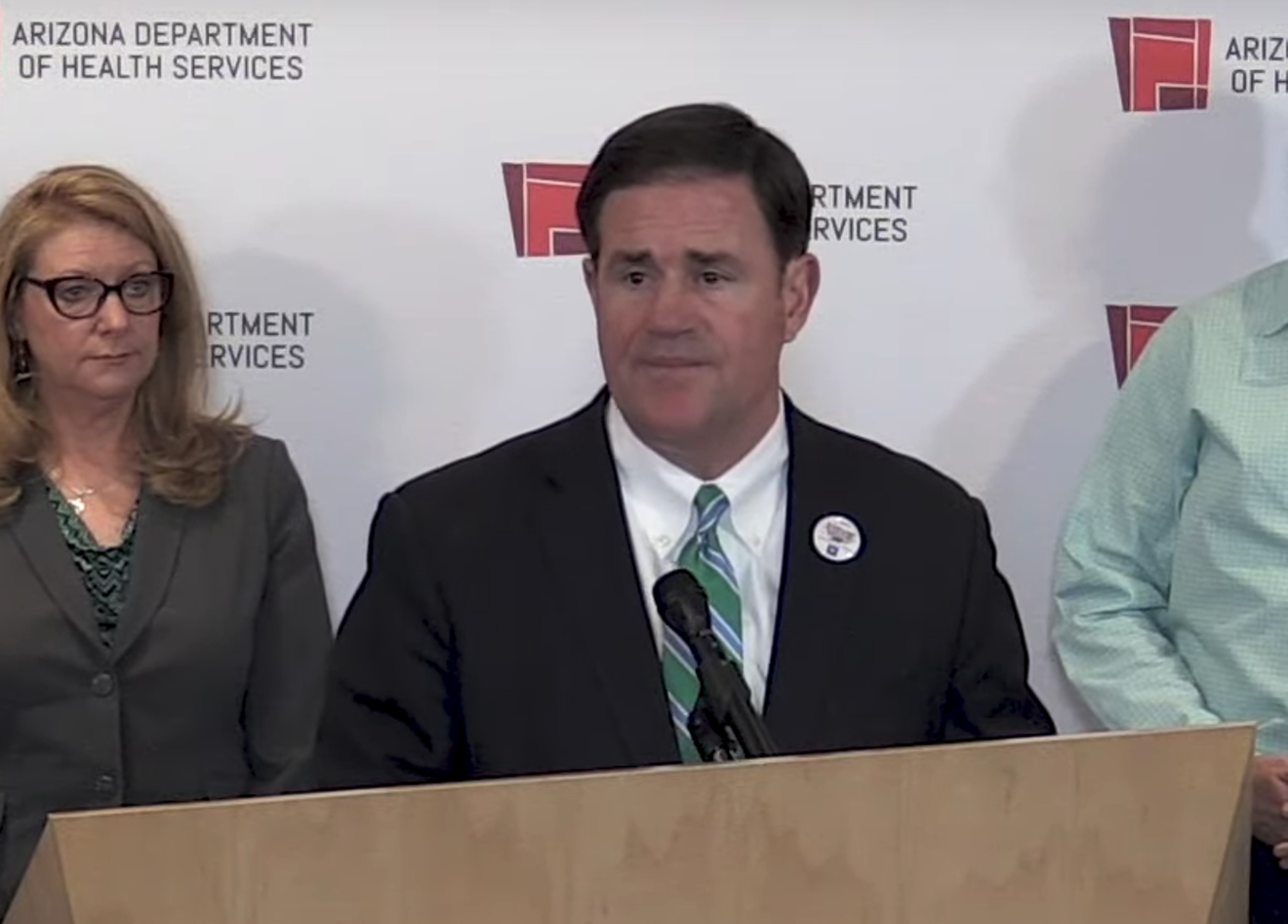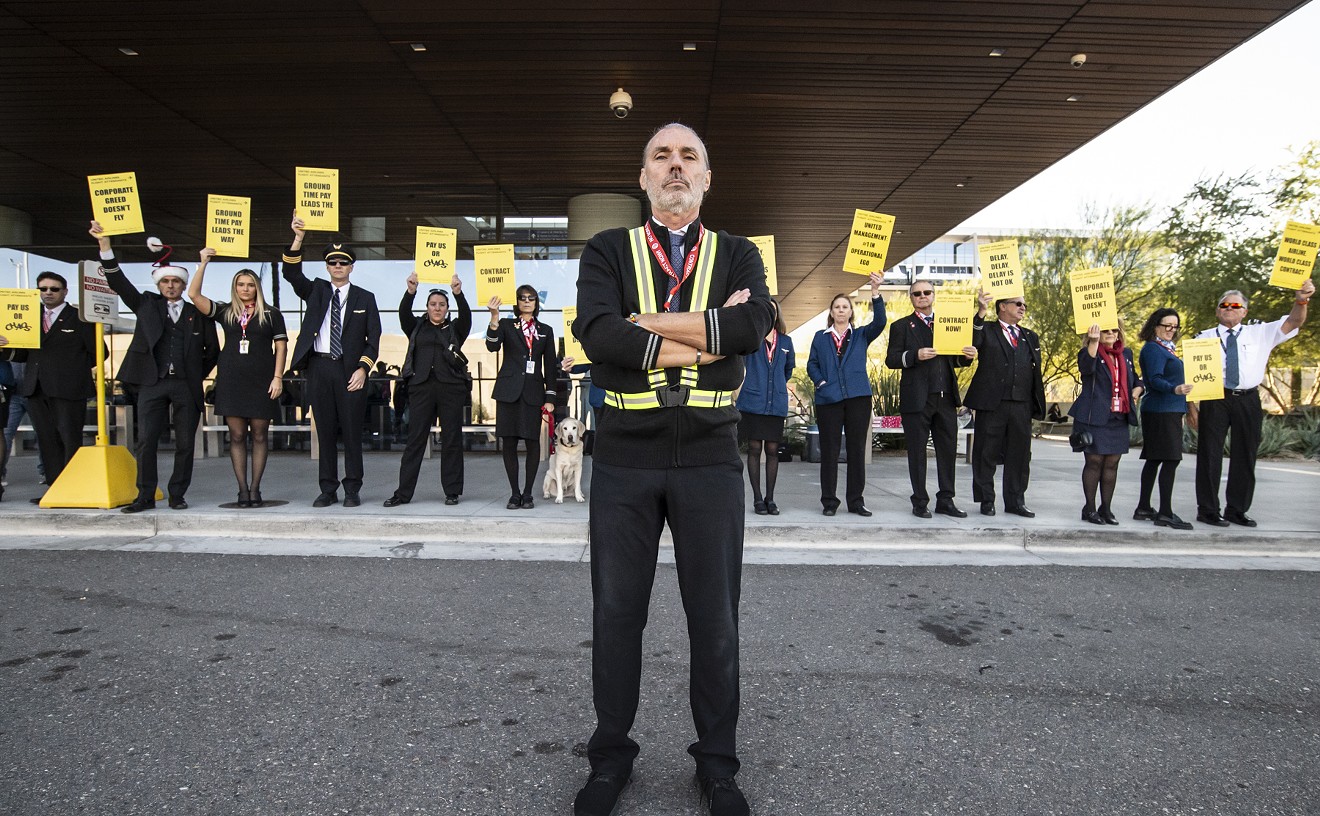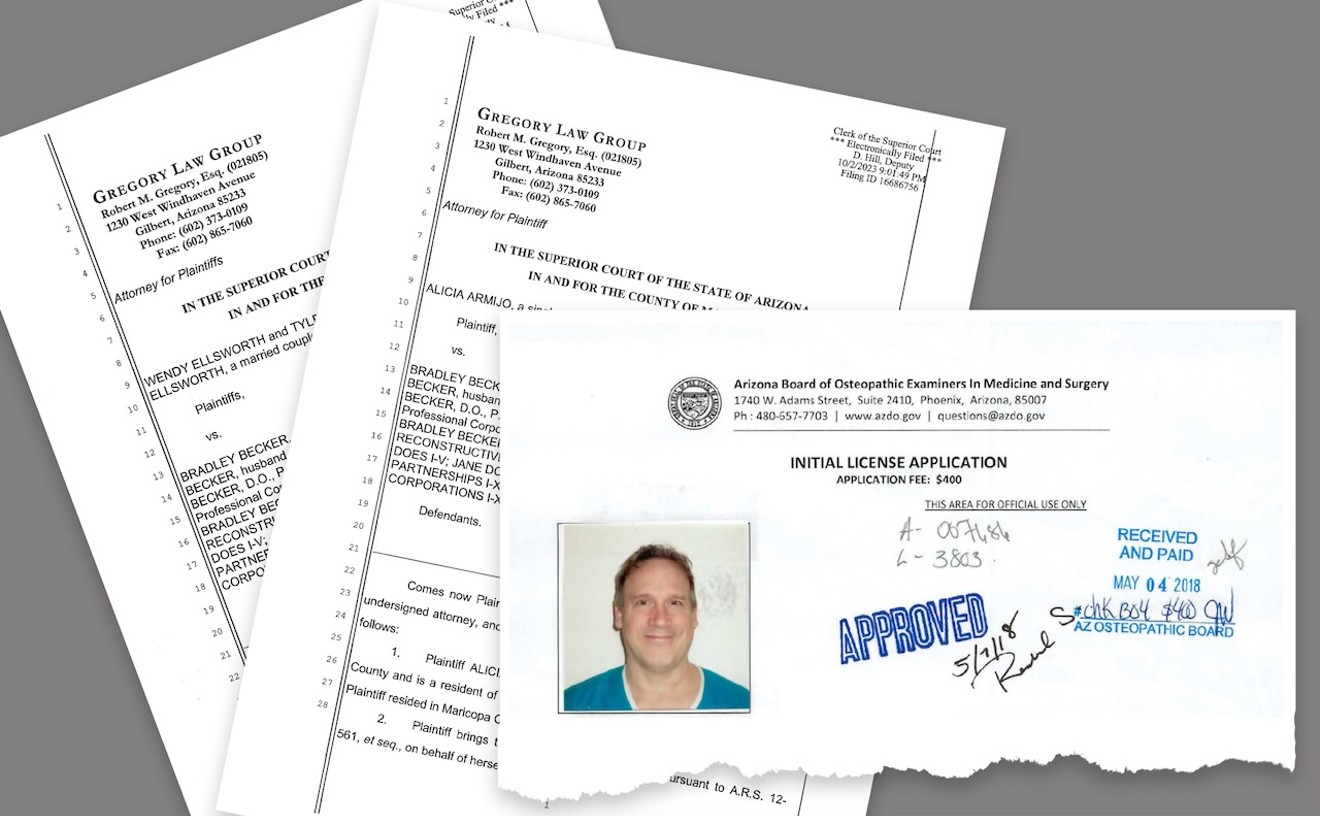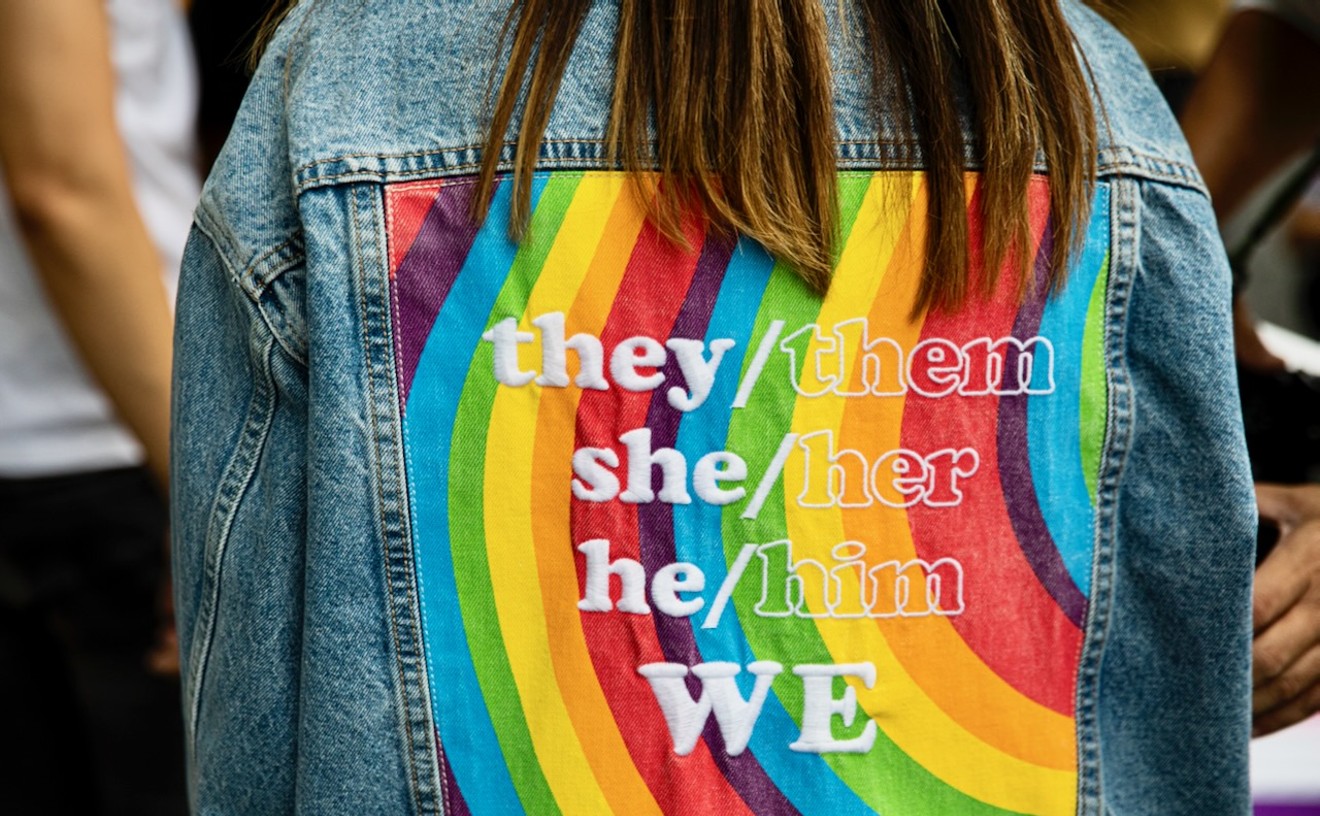Arizona Governor Doug Ducey declared a state of emergency on Wednesday over the novel coronavirus, saying he was "not taking any chances" as the state expects more cases.
So far in Arizona, nine people have tested positive for the virus, known as COVID-19; the latest is a man in his 90s.
"This is an important proactive action," Ducey said during a press conference. "To date, we have not had community spread at a nursing home or elder care facility, but we could." If that did happen, he wanted the Arizona Department of Health Services (DHS) "to be equipped to act with urgency."
Declaring an emergency will allow Arizona "to quickly tap into additional public health emergency resources when needed," he added.
Ducey also issued an executive order on Wednesday requiring nursing homes and assisted-living facilities to implement new policies for visitors, like checking for symptoms, and requiring insurance plans to cover out-of-network providers for testing.
Public health emergency declarations change a state's legal landscape, giving the government broader powers to waive certain laws or implement other requirements that can expedite the response to an outbreak, according to Leila Barraza, an assistant professor at the University of Arizona's College of Public Health.
"You can use the emergency declaration to release or move resources around," explained Barraza, who has degrees in law and in public health.
Arizona statutes give the governor the authority to declare a state of emergency over a pandemic — which COVID-19 is, the World Health Organization declared on Wednesday — and it tells the state's public health agency to coordinate the response.
In essence, it gives the state powers that it doesn't have otherwise. An emergency declaration allows the state Department of Health Services to waive licensing laws, in case overwhelmed hospitals and health care facilities need to hire nurses or doctors from outside the state. It allows the state to waive procurement laws, in case it needs to, say, purchase medicines and vaccines.
It also allows the governor, in conjunction with the DHS director, to mandate medical exams and to ration medicine and vaccines.
With Ducey's announcement, Arizona joined a growing list of states that have declared public health emergencies because of the novel coronavirus, for which nearly 1,000 people have tested positive across the U.S. so far.
Utah Governor Gary Herbert declared a state of emergency on Friday because of the virus, a few hours before the state saw its first case. The same day, Kentucky saw its first case of COVID-19, as did Indiana, prompting their respective governors, Andy Beshear and Eric Holcomb, both to declare public health emergencies. As cases in their states mounted, the heads of California, Washington state, New York, Massachusetts, and other states have all done the same.
Will Humble, who was former director of the state DHS under Governor Jan Brewer from 2009 to 2015, said that declaring a public health emergency requires careful planning well ahead of any actual declaration.
As for whether Arizona needed to do so now, Humble said on Wednesday morning — a few hours before Ducey's declaration — that he expected Arizona to need a public health declaration soon "in the next three weeks or so."
Humble, who now runs the Arizona Association of Public Health, said that the greater concern he'd been hearing from doctors was about a lack of test kits for patients, because of strict federal criteria for who qualifies for testing.
"Right now, there's not enough tests to go around," he said.
Arizona Capitol
Arizona Governor Declares State of Emergency on Coronavirus, With Nine Cases So Far
The state has nine cases of COVID-19 so far.

Arizona Governor Doug Ducey declares a state of emergency over the novel coronavirus on March 11, 2020.
State of Arizona
[
{
"name": "December Goal Widget",
"component": "17825500",
"insertPoint": "4",
"requiredCountToDisplay": "1"
},{
"name": "Editor Picks",
"component": "16759093",
"insertPoint": "4",
"requiredCountToDisplay": "1"
},{
"name": "Air - MediumRectangle - Combo - Inline Content",
"component": "16759092",
"insertPoint": "8th",
"startingPoint": 8,
"requiredCountToDisplay": "7",
"maxInsertions": 25
},{
"name": "Air - Leaderboard Tower - Combo - Inline Content",
"component": "16759094",
"insertPoint": "8th",
"startingPoint": 12,
"requiredCountToDisplay": "11",
"maxInsertions": 24
}
]









